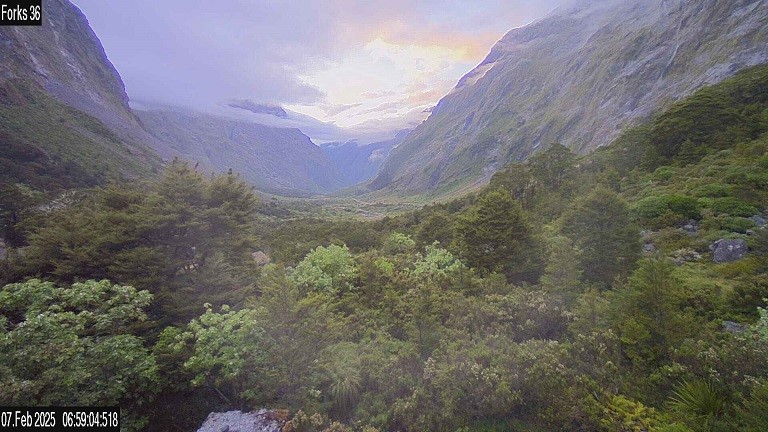Police Patrol: High avalanche risk for backcountry adventurers
30 June 2025, 3:29 AM
 Photo: Southland app
Photo: Southland appBackcountry snow lovers, including ski tourers, mountaineers and trampers are warned that while it’s early in winter there’s already some high avalanche risk with more snow on the way.
Southern Lakes Heli Air Rescue safety manager Richie Hunter says anyone planning to head into the backcountry to recreate should be well prepared and informed with a high level of skill.
“From Green Lake north, near Borland Saddle up into the Darran Mountains is avalanche prone from this time of year onwards,” Hunter says. The Eyre Mountains and further east over the Routeburn are also popular and ones to watch. “Even though the Great Walks are great walks that are highly accessible to everybody that doesn’t mean they’re not at risk too,” he says.
“We have a great network of these but just because they’re called that doesn’t mean they’re free of those winter hazards, with people still tramping the Routeburn, Kepler and Milford Tracks during winter, when there are no hut wardens on duty,” he says. “People have to be self-sufficient and experienced in managing alpine environments and avalanche terrain,” he says.
Hunter’s warning backcountry punters to be cautious, vigilant and ensure they have an up-to-date avalanche forecast and information from avalanche.net.nz before they set off.
There’s been a huge growth in the popularity of ski touring making the backcountry more accessible to many. “We’re seeing greater numbers heading in there with less knowledge and education. They’re going in and they’re not as well prepared,” he says.
Even mountaineers and ice climbers are heading in without all the necessary knowledge, skills and equipment. “We’re still seeing an increasing number of people going climbing in winter with minimal experience,” Hunter says.
“Be prepared. Watch the weather and avalanche forecast. Take, and ensure you, and all those in your party, know how to use an:
Avalanche probe, a shovel, transceiver and personal locator beacon.
Top tips for avalanche safety from NZ Mountain Safety Council Watch the Avalanche Tips and Terms video series Attend an official avalanche training course Check, discuss and understand the NZAA avalanche forecast for your area. Assess the conditions throughout your trip and be prepared to turn around. Carry avalanche rescue equipment (transceiver, probe and shovel) and know how to use them.